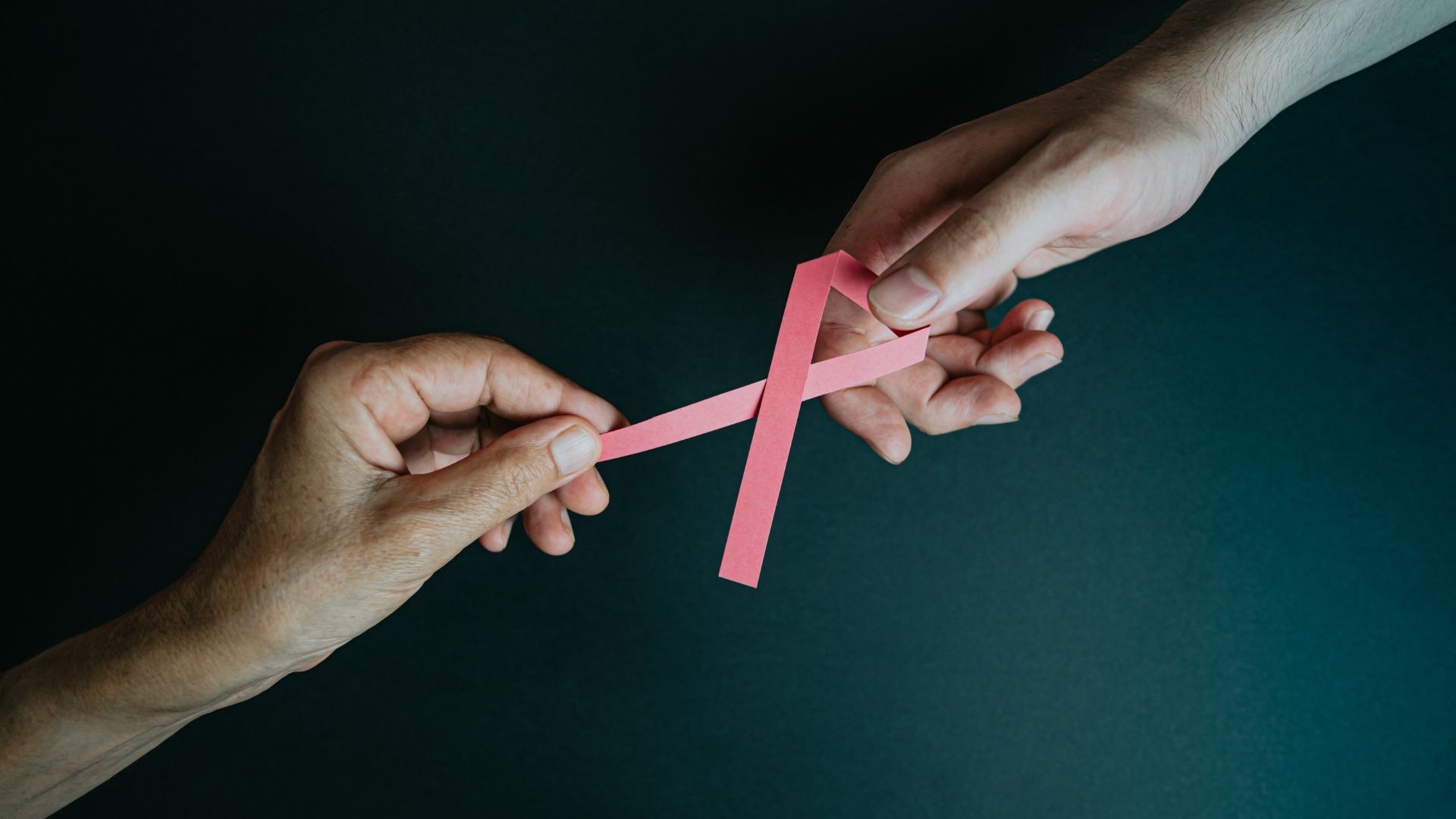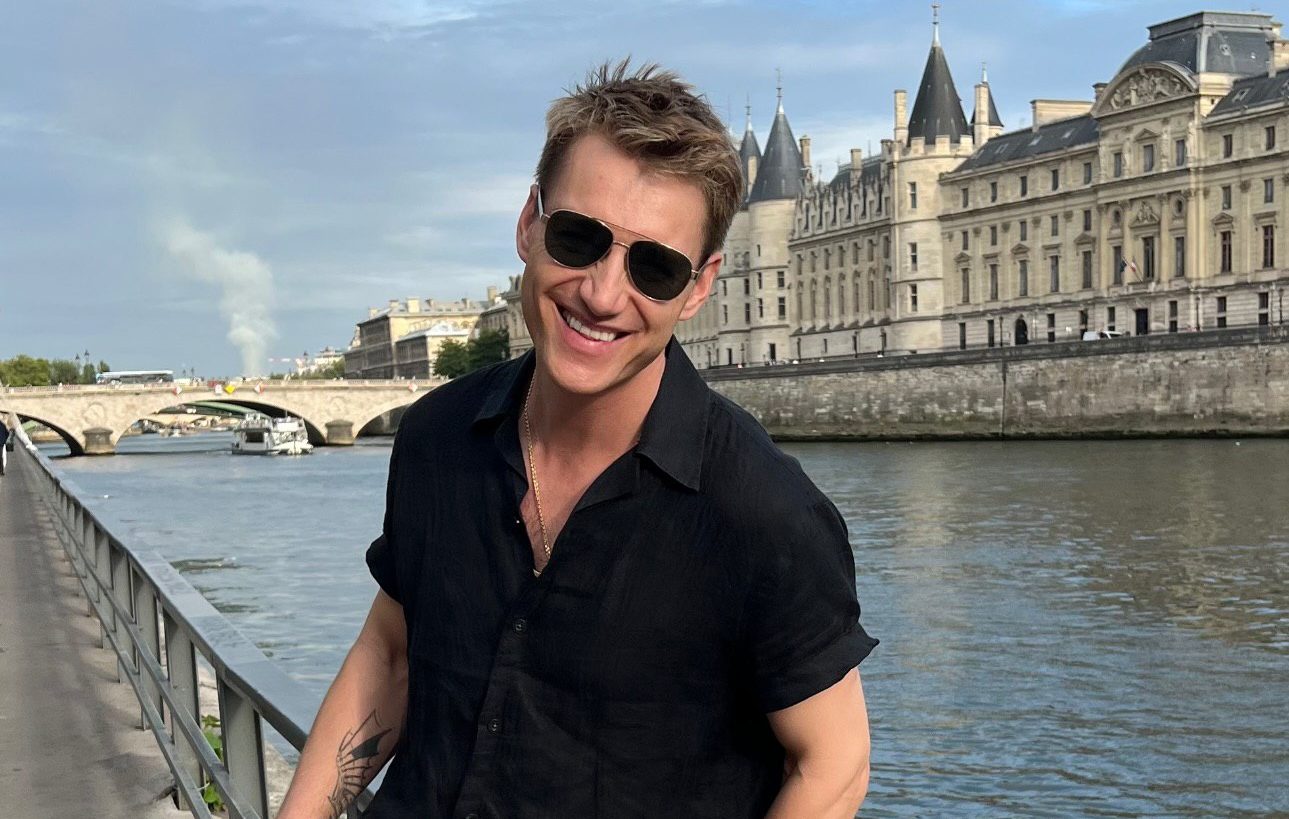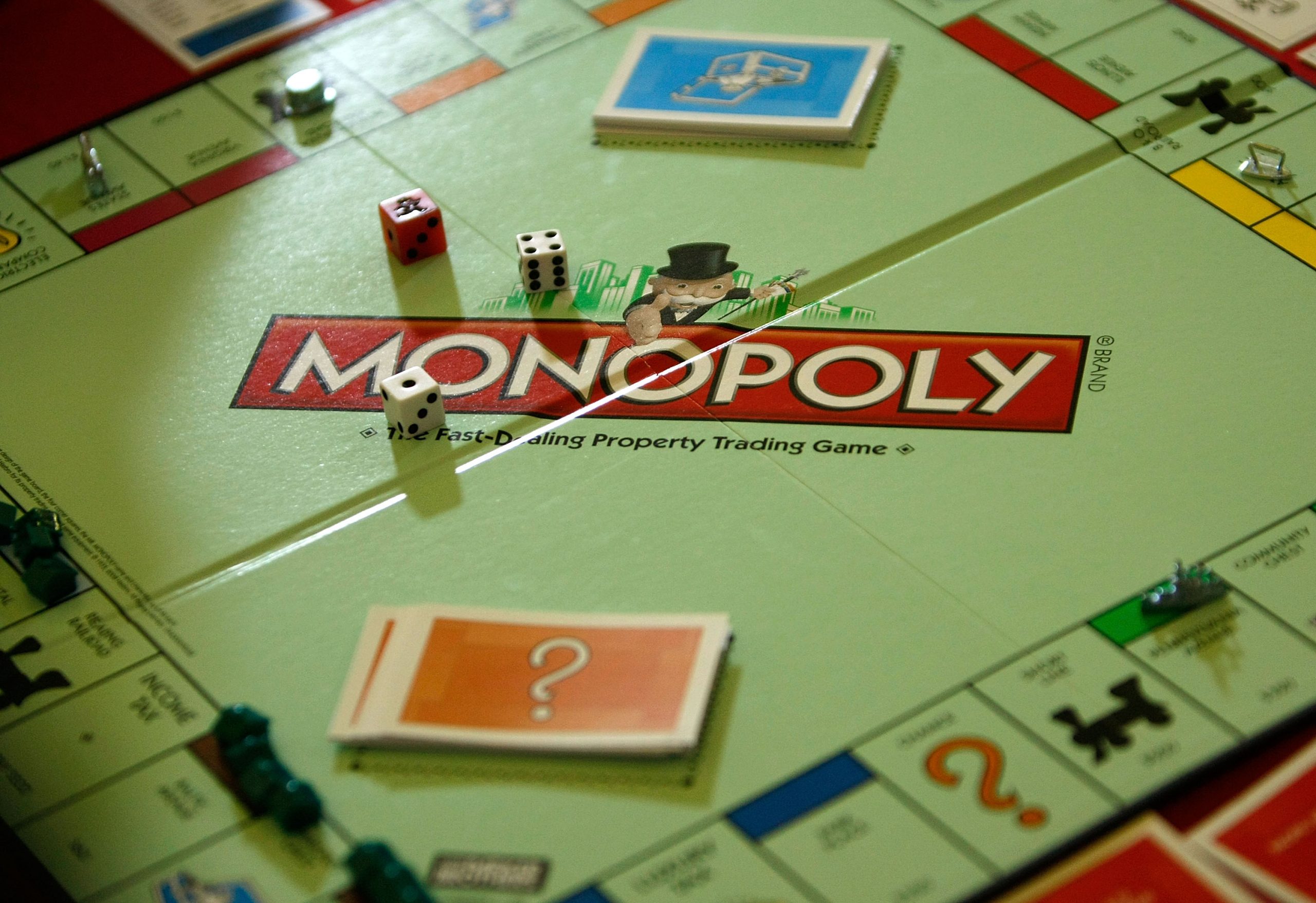My mother was buried on the 1stum October, after having had a recurrence of breast cancer, my experience with Pink October was already tinged with a certain discomfort. Discomfort in seeing cities surround their trees with large pink ribbons, which seem to celebrate a disease that kills millions of women every year. Discomfort in seeing beautiful breasts and smiling women, and not bruised bodies, devoured by illness and fighting against pain. And then Pink October ended and we went back to our lives. A year later, when autumn returned, I finished my treatment protocol for the same disease and the discomfort returned.
I am a social science researcher and so I was inevitably able to explore what this discomfort might mean. In my usual work, I work on discourses and the way they influence and structure individuals’ identities. The dominant discourse on breast cancer, reproduced by the Pink October mobilization but in many other “channels”, contributes to producing the patients’ identity. The way we experience illness, the way we make sense of it, is therefore limited, shaped by beliefs transmitted by institutions that pre-exist us. From this perspective, several researchers have already studied these discourses, in particular through feminist approaches. They question the “pink ribbon culture” and injunctions that burden patients. Because this culture, celebrating both a form of neoliberal individualism and, therefore, an imperative for optimism, and specific gender ideals, plays a role in how we approach illness.
Read also: Breast cancer from mother to daughter: I was diagnosed with the disease in the midst of mourning
Testimonies that make you feel guilty
First, what is called the celebration of “neoliberal individualism” places the person and their ability to act in illness at the center. The dimension of the individual is at the center of society and all his ills weigh on it. With, obviously, the positive effect of a form of “empowerment”. Cancer, once a shameful disease, to be kept private and kept quiet, is becoming visible, particularly through social media. The women testify to their journey, but also to the alternative paths they consider and undertake, such as the choice of a so-called “flat” reconstruction. These testimonies are important in the way in which women with cancer talk about their return to a “normal life”, and allow women still undergoing treatment to project themselves into an “after”. They also offer advice not provided by the medical profession, in managing the side effects of treatments. These sets of stories then serve as guides, but they also imprison patients in discourses that sometimes mask the reality of lived experiences or marginalize those who do not fit the norm. Although reading these testimonials has brought me benefits, they often make me feel very guilty about managing my treatment. You had to be positive, do sport every day to combat tiredness, “stay feminine”, not look sick…
Read also: 6 stereotypes on the breast cancer it’s time to sweep
An omnipresent injunction “to stay beautiful”
These testimonies therefore sometimes help to reproduce some representations of the disease and the injunctions that burden those who are its victims. In their work Im/patient, a feminist exploration of breast cancer (edited by First), Mounia El Kotini and Maëlle Sigonneau have already denounced these injunctions. For my part, I immediately felt them weighing on me, when for example the surgeon reassured me by assuring me that I would maintain a nice cleavage, while, for my part, I talked to her about removing both breasts so as not to die. I was faced with this need to “maintain one’s femininity” and “stay beautiful” with the help of wigs and bangs, new generation caps and turbans, overly expensive moisturizing creams and shower gels, colored protective paints and semi-permanent make-up. . A set of products that have a cost, and which sometimes help to support a market that exploits the disease and mobilizations like Pink October. A mobilization which, for many, makes the need for public funding for research invisible.
The journey is thus also burdened by a strong sexualisation of the female body, as the authors of the work recall. You have to maintain your life as a woman. Sexuality, first and foremost, is often compromised by treatments, particularly hormone therapy. This woman’s life must also respond to the injunctions of motherhood: oncofertility is central to the treatment process. In fact, chemotherapy treatment has harmful effects on the ovarian reserve. I was therefore strongly encouraged to carry out egg banking. I followed a classic path of medically assisted procreation with hormone injections to stimulate the production of oocytes. I had hormone-dependent cancer, so I was very stressed about the procedure. I didn’t want to do it, until then I had no intention of having children. So why put my health at risk for “just in case” preservation and a procedure that may never pay off? I felt a bit pressured by the medical profession, who told me I might regret it later.
This content is blocked because you have not accepted cookies and other trackers. This content is provided by Instagram.
To view it, you must accept the use made by Instagram with your data which may be used for the following purposes: to allow you to view and share content with social media, to promote the development and improvement of the products of Humanoid and its partners , show you personalized advertisements related to your profile and activity, define a personalized advertising profile, measure the performance of advertisements and content on this site and measure the audience of this site (more information)
Manage my choices
A celebration of individualism at the expense of a holistic approach to cancer
In addition to the positive effects mentioned above, the celebration of individualism and individual responsibility also impacts women and their experience of the disease. The campaigns launched by the government tell us that 40% of cancers could be avoided by changing individual behavior; or that breast cancer could no longer be so deadly if women participated as they should in screening campaigns. Many women who suffer from the disease change their behavior by stopping smoking, drinking alcohol, changing their diet and playing sports. They look for the cause of their cancer, the life episode that may have contributed to creating this “crab” that develops inside them. Which is obviously positive, but first and foremost it silences the social determinants that determine such behaviors, but also the environmental causes: endocrine disruptors, air pollution, etc. Thus, just as the consumer is empowered in the fight against climate change and the extinction of biodiversity, the patient is also faced with cancer. Silencing deeply rooted evils and attempting to repair their repercussions through technical progress rather than questioning our modes of production and consumption. Instead, breast cancer should be viewed as an epidemic and addressed with strong environmental health policies.
This individualization of the disease then also leads to an imperative of optimism and a denigration of emotions, something that I experienced rather badly. At a visit to the specialist for one of the many visits before starting chemotherapy, I cried, as I often do. The latter condemned my crying and explained to me: “You know, miss, I’ll tell you something: among all the patients I’ve met, only those who have managed to stay positive survive. » Those who don’t cry. During many dates, my emotions were repressed in this way. So ask me to be happy, to have a good mind to heal. This discourse of optimism then helps govern women’s practices, urging them to remain proactive. It highlights the figure of the “survivor”, the “K-fighter” and the “fighter sisters”. The woman victim of cancer becomes the heroine of her own journey “against” the disease, marching and proving that breast cancer is ultimately not that serious. Thus making it invisible and leaving no room for the many women who will not have the chance to heal because they are affected by metastatic cancer, and for those who die. Such a speech is very violent for patients for whom breast cancer is not “not so bad.”
Then we are happy, we heal and we are silent, because as Audre Lorde said in her Cancer Diaryquoted by Marie Négré Desurmont in her article published in Terrestres, “It’s easier to expect people to be happy than to clean up the environment. We go in search of joy, right, rather than healthy food, clean air and a less crazy future on a livable earth..
Do you like our articles? You’ll love our podcasts. All our series, urgently listen to here.
Source: Madmoizelle
Mary Crossley is an author at “The Fashion Vibes”. She is a seasoned journalist who is dedicated to delivering the latest news to her readers. With a keen sense of what’s important, Mary covers a wide range of topics, from politics to lifestyle and everything in between.





